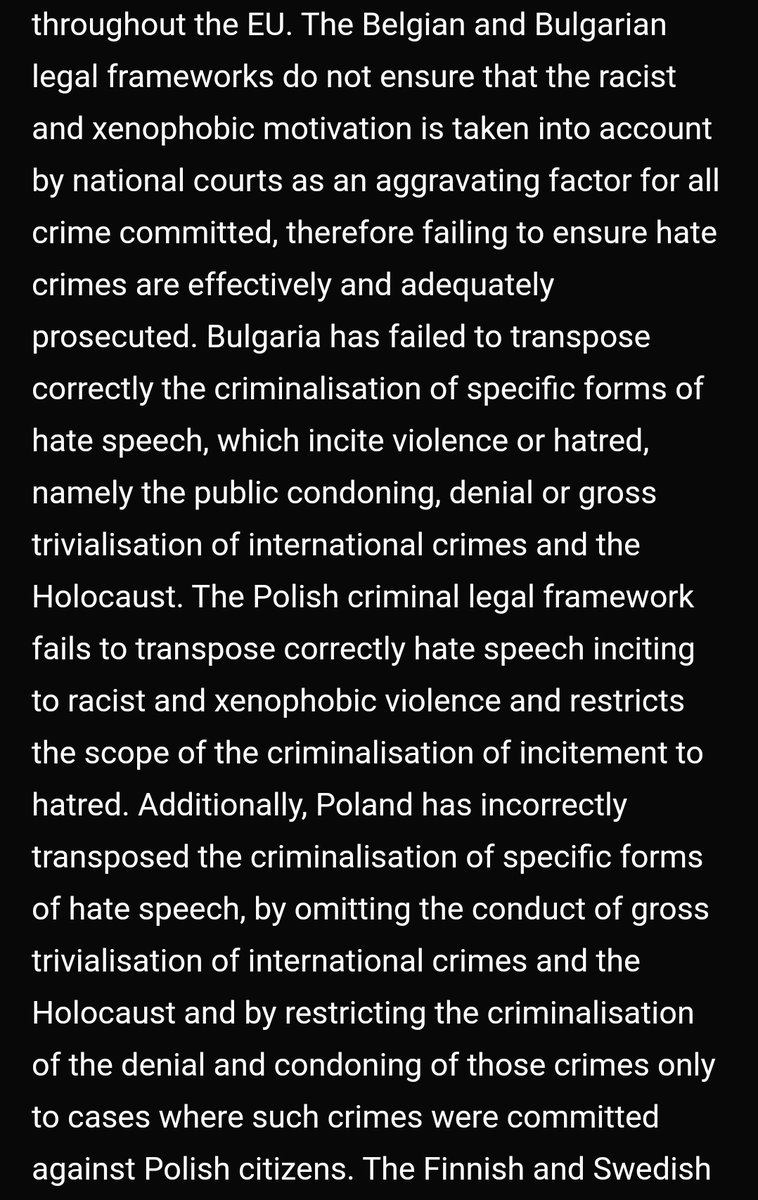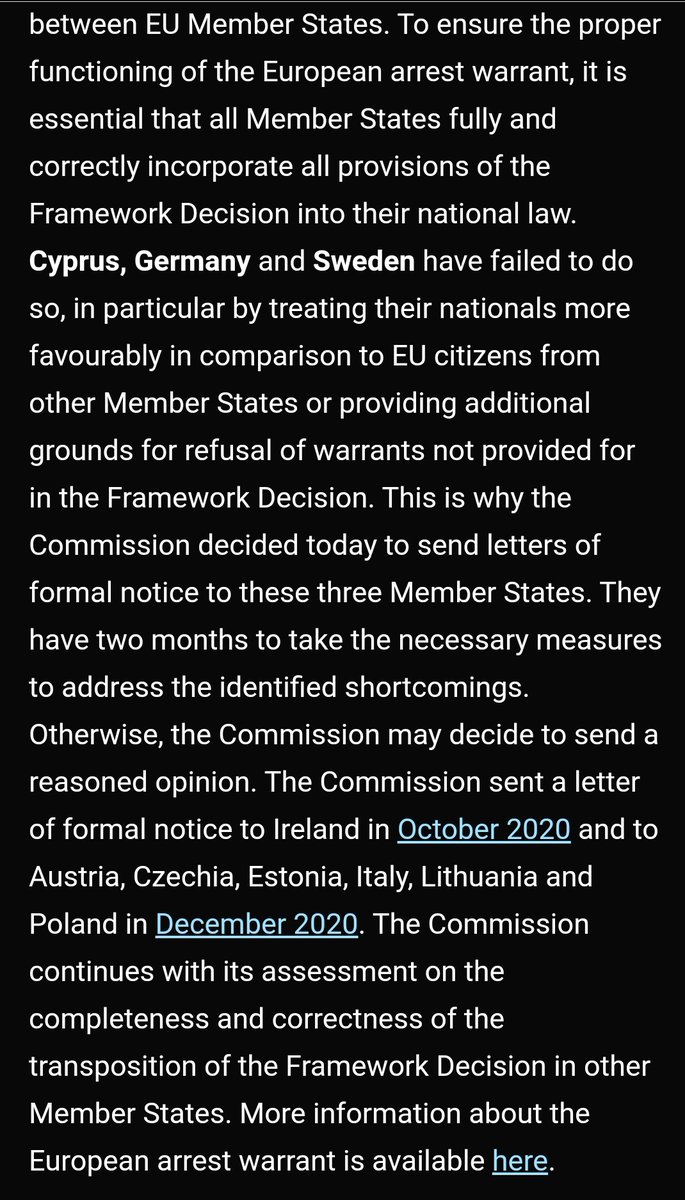
EU reacts to latest UK unilateral measures re the Northern Ireland protocol. States that they are a breach of the withdrawal agreement and that it will react using the "legal means" in that agreement and the Brexit deal. 

What are those "legal means"? The EU reacted to the internal market bill by starting an infringement procedure for breach of EU law. That was during the transition period; the position re dispute settlement under the withdrawal agreement has since changed.
Since Jan 1st, the main means of settling disputes about the withdrawal agreement is its dispute settlement system. A party which thinks that the other side is in breach holds consultations, then goes to arbitration if there's no settlement.
If the arbitrators rule that there's a breach, the losing party has a reasonable period of time to comply. If the parties disagree how long that is, the arbitrators can rule on that point. If there's no compliance by the time limit, fines or retaliation can be authorised.
The Brexit deal now provides that in the event that a breach of the withdrawal agreement established under its dispute settlement system, retaliation can also be imposed within the scope of *the Brexit deal* - ie tariffs on products coming from *GB* to the EU.
Retaliation has to be proportionate, however; the arbitrators can also rule on that issue.
Furthermore, there's an alternative legal route: the CJEU retains jurisdiction over the relevant part of the NI protocol. So presumably the Commission could start infringement proceedings
Furthermore, there's an alternative legal route: the CJEU retains jurisdiction over the relevant part of the NI protocol. So presumably the Commission could start infringement proceedings
There could be political aspects too: non-ratification of the Brexit deal; non-approval of unilateral measures on financial services or data protection; reaction by the USA.
Or, like the internal market bill, this could be drama confected by the UK govt in the run up to a deal.
Or, like the internal market bill, this could be drama confected by the UK govt in the run up to a deal.
What if the real Brexit was all the threats to breach the withdrawal agreement along the way?
"You get to threaten a breach of the Northern Ireland Protocol!
And YOU get to threaten a breach of the Northern Ireland Protocol!"
And YOU get to threaten a breach of the Northern Ireland Protocol!"
Looks like the EU is going for option 2 - bringing infringement proceedings against the UK re the latest alleged breach of the NI protocol, rather than going for dispute settlement. Here's a reminder of what that entails. 1/
https://twitter.com/tconnellyRTE/status/1367472297473359877?s=20
2/ Infringement proceedings: first the Commission sends a letter re the alleged EU law breach to the (ex-)Member State. Afterwards (no fixed date) it sends a 'reasoned opinion'. Usually two months to reply to that, but the Commission can shorten this in urgent cases.
3/ If the Commission isn't happy with the reply, or doesn't receive one, it can go to the CJEU. Might take 12-18 months for a judgment, but the Commission can ask for a fast track and also ask for interim measures in the meantime.
4/ Interim measures (if the CJEU agrees to order them) would consist of a court order for the UK to do/not to do something. If UK doesn't comply with the court order, the Commission can ask the Court to impose fines for its non-compliance.
5/ If the final infringement procedures judgment is against the UK, it must comply with the judgment. If it doesn't comply, Commission can go back and request the Court to deliver a fresh judgment imposing fines for the non-compliance.
6/ In comparison, dispute settlement (described in more detail in last night's part of this thread) can lead to fines *or* trade retaliation. But it might take longer to get to that point than it would to get an interim measures order in infringement proceedings.
7/ Either way, the clock might run out before any legal outcome, as the UK measure is supposedly temporary. So the EU, just like the UK, may be engaging in political theatre here.
8/ The more immediate issues may be an unwillingness of the EP/Council to ratify the separate Brexit deal; or EU unwillingness to make unilateral decision re financial services or data protection.
9/ A jurisdictional point: CJEU jurisdiction under the NI protocol does not explicitly extend to the good faith clause in the main withdrawal agreement. But it might be argued that the good faith clause is a corollary to the substantive protocol clauses.
https://twitter.com/tconnellyRTE/status/1367472298953998337?s=20
• • •
Missing some Tweet in this thread? You can try to
force a refresh







